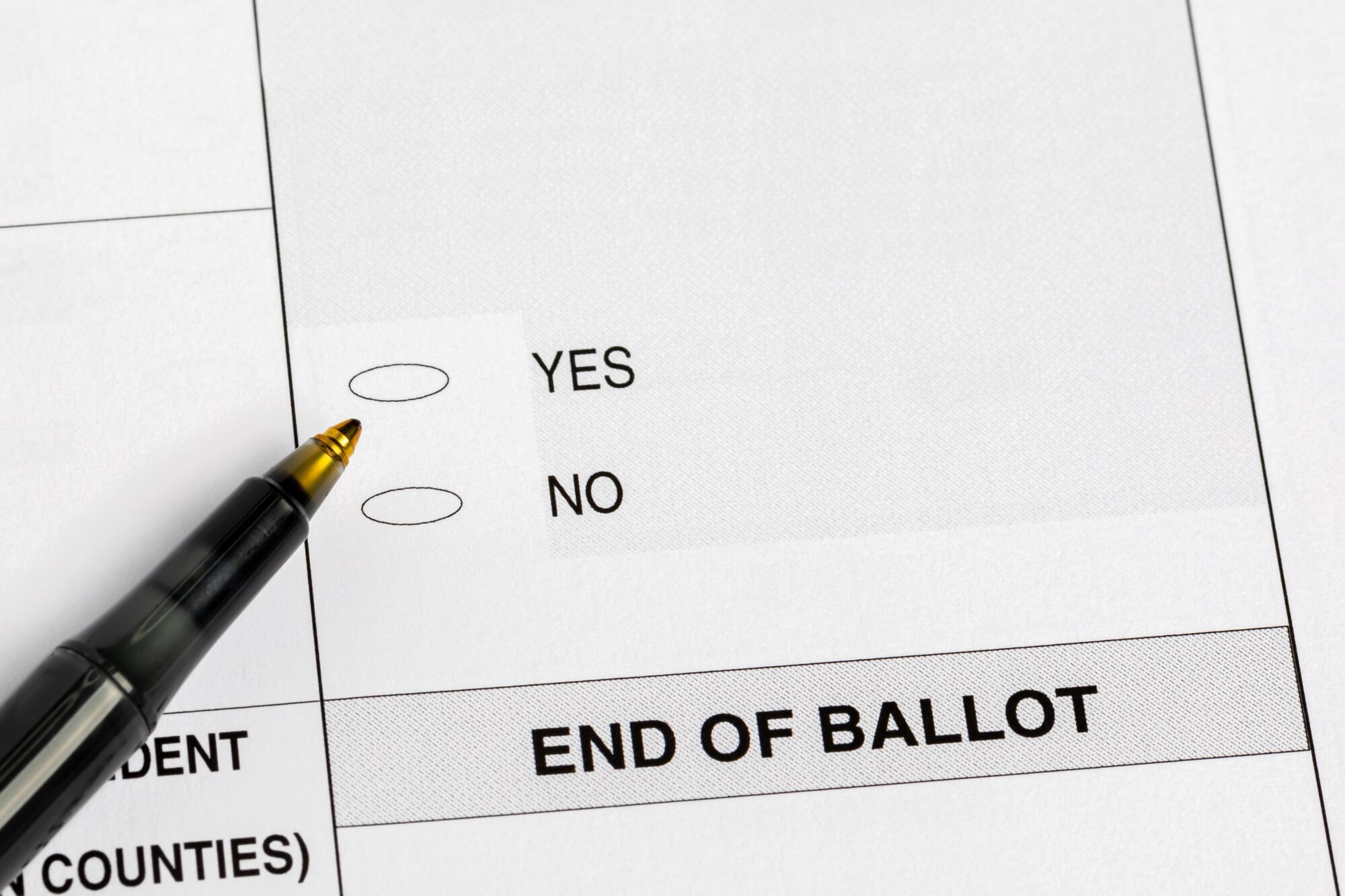Event marks anniversary of Voting Rights Act
ATLANTA – Jimmy Travis was inspired by the Freedom Riders to join the struggle for civil rights.
He joined the Student Nonviolent Coordinating Committee and was jailed for joining marches and sit-ins.
He helped with voter registration in McComb and replicated his work in Jackson, which mirrored protests in cities like Birmingham, Montgomery and Selma, Ala. The often violent confrontations became the impetus for the Voting Rights Act of 1965. “We go all over the world to police democracy and not take care of home,” said Travis, 62, who was joined by more than 10,000 others here Saturday for a march and rally.
The gathering was designed to mark the Voting Rights Act’s 40th anniversary and to rally support for Congress to extend key elements of the law, which are set to expire in 2007. It’s doubtful the proposed extension will escalate into nuclear war, but supporters are getting ready.
Section 5
Saturday’s activities, spearheaded by the Rev. Jesse Jackson, included high-profile congressional Democrats. Among those present were Minority Leader Nancy Pelosi, D-Calif., and Reps. Bennie Thompson of Bolton, Maxine Waters of California, Charles Rangel of New York and John Lewis of Georgia. Lewis, who was bloodied on Selma’s Edmund Pettus Bridge in 1965, and Travis had a brief reunion backstage.
Marchers trekked from the Richard Russell Federal Courthouse down Martin Luther King Boulevard to Herndon Stadium at Morris Brown College. In the mix was a large blue banner announcing the Mississippi NAACP. The contingent included more than six bus loads.
The Voting Rights Act applies to Mississippi, eight other states and parts of another seven. The portion of the law expected to generate the most debate is Section 5, which forces entities to get U.S. Department of Justice approval before implementing any change in election laws. This includes the state’s judicial redistricting plan or moving the polling place at Rowan Middle School next door to Brown Elementary School.
Will it be opposed?
Even when the Voting Rights Act was last extended in 1982, the Reagan Administration and others questioned whether Section 5 should still apply.
But President Bush, House Speaker Dennis Hastert and Senate Majority Leader Bill Frist have praised the Voting Rights Act and have pledged to lead the way to reauthorization. Jeff Lungren, a spokesman for House Judiciary Committee Chairman F. James Sensenbrenner, R-Wis., said the panel is expected to start work next month to extend the act.
Some southern Republicans sound skeptical. Rep. Lynn Westmoreland, R-Ga., believes Section 5 should apply to all states or no states at all, said Brian Robertson, Westmoreland’s spokesman.
It’s not clear how the extension will play with the Mississippi delegation. Lee Youngblood, Sen. Trent Lott’s spokesman, said the issue is not on Lott’s radar. Sen. Thad Cochran could not be reached. Neither could 3rd District Rep. Chip Pickering, a Republican, or 4th District Rep. Gene Taylor, a Democrat. First District Rep. Roger Wicker, a Republican, supports the extension, said Kyle Stewart, Wicker’s spokesman.
Thompson said the extension is critical. “Who is going to defend the voter?” he asked. “What state agency has even gone to court to defend the voter?”
Eric Stringfellow
Clarion Ledger
8/9/5







